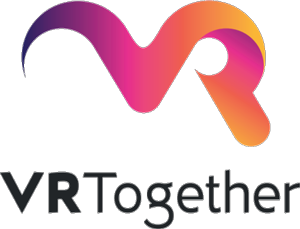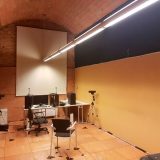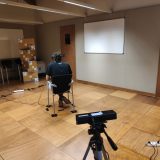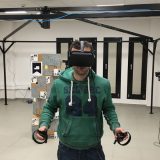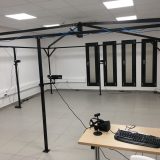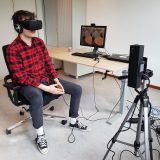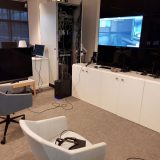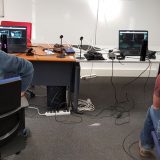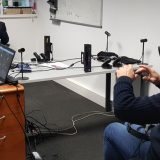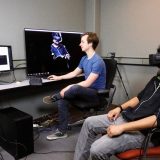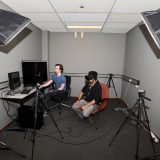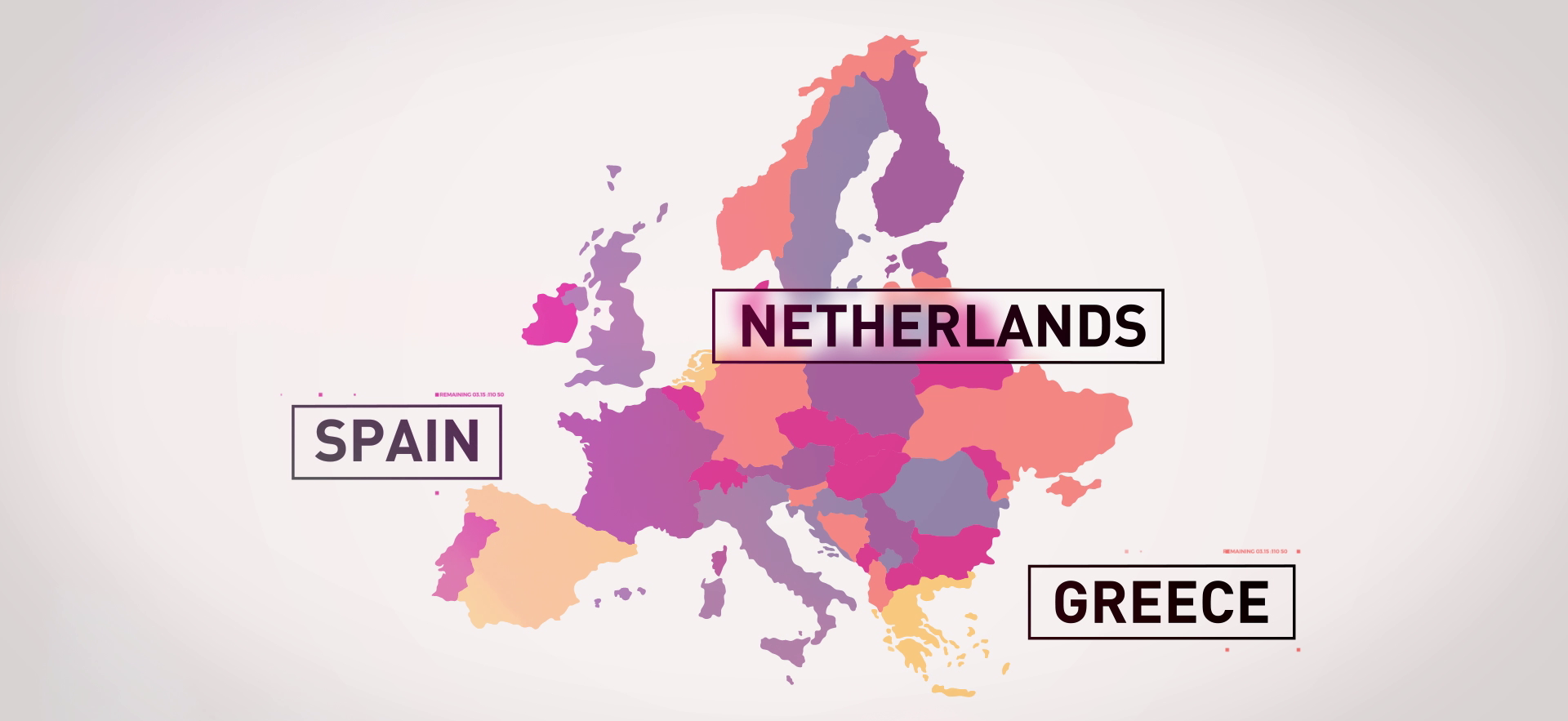
The VR-Together Lab gets on track
Call for VR users and professionals interested in testing photorealistic Social VR experiences
With Social Virtual Reality emerging as a new medium where users can remotely experience immersive content with others, the achievement of a true feeling of ‘being there together’ has become a key goal. The VR-Together project is addressing this challenge by developing new virtual reality experiences based on social photorealistic immersive content and quantifying the quality of these new social VR experiences using a user centered approach.
A collaborative user lab
One of the objectives of VR-Together is to develop appropriate Quality of Experience (QoE) metrics and evaluation methods. With this purpose in mind, the VR-Together consortium has set up a permanent and collaborative user lab with the required infrastructure and equipment to support the envisioned Social VR scenarios. It is made up of three distributed and inter-connected lab nodes in Barcelona (i2CAT premises), Thessaloniki (CERTH premises), and Den Haag and Soesterberg (TNO premises). Each lab node is composed of two full capture and rendering setups, allowing for the conduction of local experiments and demos involving two users.
Additional lab nodes are being built, so Pilot 2 can be experienced in even more sites:
- Entropy (Madrid, Spain) is planning to build a node to test the creative aspects of the project and the integration of contents in the VR-Together platform in its native version.
- Viaccess Orca (Rennes, France) is building a distributed node between Rennes and Paris in order to run the web version of the VR-Together system. An additional lab facility in Paris will be set up soon.
- CWI (Amsterdam, The Netherlands) will install a permanent node once the first release of their capture system is ready, before summer (stay tuned!).
Come and follow us in this VR journey with i2CAT, CWI, TNO, CERTH, Artanim, Viaccess-Orca, Entropy Studio and Motion Spell.

This project has been funded by the European Commission as part of the H2020 program, under the grant agreement 762111.
